New Scientist covers the latest developments in science and technology that will impact your world. New Scientist employs and commissions the best writers in their fields from all over the world. Our editorial team provide cutting-edge news, award-winning features and reports, written in concise and clear language that puts discoveries and advances in the context of everyday life today and in the future.
Elsewhere on New Scientist
Hard to swallow • New archaeological evidence invites us to reassess our views on cannibalism
New Scientist
Fire and ice from above
The Cheshire Cat’s quantum twin • An experiment that could separate a particle’s properties from its mass may shed light on the connection between gravity and quantum mechanics, reports Alex Wilkins
Hominins may have left Africa 700,000 years earlier than we thought
Power beamed from orbit in first proof-of-principle test
Male cuttlefish burst through ink clouds to impress females
What Einstein got wrong about ultra-speedy mirrors
Bilingual exposure counts early on • Infants living in bilingual homes may have advantages when it comes to speech processing
Man feels warmth and cold through prosthetic arm
Migratory animals are in decline • Species that travel vast distances, from sharks to sea birds, face a bleak future
Magma flow in Iceland was the fastest ever seen
UK fusion reactor bows out with record-breaking run
Video games could help put adaptable AI to the test
Analysis Coronavirus recovery • Exercising can help people with long covid – at least a bit An eight-week exercise programme modestly improved the quality of life of people with long covid, but it may not benefit everyone with the condition, finds Clare Wilson
SpaceX aims to stop comms blackouts • A trick with satellites could let spacecraft re-enter Earth’s atmosphere without losing radio contact
Huge deposit of hydrogen gas found deep below Albania
Analysis Dementia protection • Does Viagra help to protect against Alzheimer’s? A study has found a link between taking erectile dysfunction drugs and a lower risk of developing Alzheimer’s disease, but it is far from definitive, finds Clare Wilson
Cyborg locusts could sniff out bombs thanks to nano boost
Locations stick in our memories better than other details
Time crystals could keep quantum computers stable
How periods change with age • Menopause has a strong effect on the variability of the menstrual cycle
Old milk provides a whey to extract gold from e-waste
Exoplanets may have magma seas
Nanoparticles may treat lung disease
Pollution can make flowers less attractive to insects
Really brief
Let’s talk about love • The science of relationships shows there aren’t five love languages, despite claims on TikTok, say Emily Impett, Haeyoung Gideon Park and Amy Muise
No planet B • In deep water I travelled for days to the remote Pitcairn Islands, a shining example of ocean conservation. But so much more needs to be done to protect our seas, says Graham Lawton
Time for a nap
Your letters
The problem with love • Can we ever know what love is, given the clash between our evolution and a fast-changing culture? Elle Hunt welcomes a clear account of the issues
Keeping it real • Two new documentaries take very different approaches when it comes to portraying the wonders of nature, finds Josh Bell
New Scientist recommends
The sci-fi column • A silver lining The Hugo awards are the Oscars for sci-fi and fantasy fans, so any oddities in the voting data for 2023’s ceremony in China are bound to be upsetting. But whatever the reality, Emily H. Wilson finds an unexpected upside
Fine...
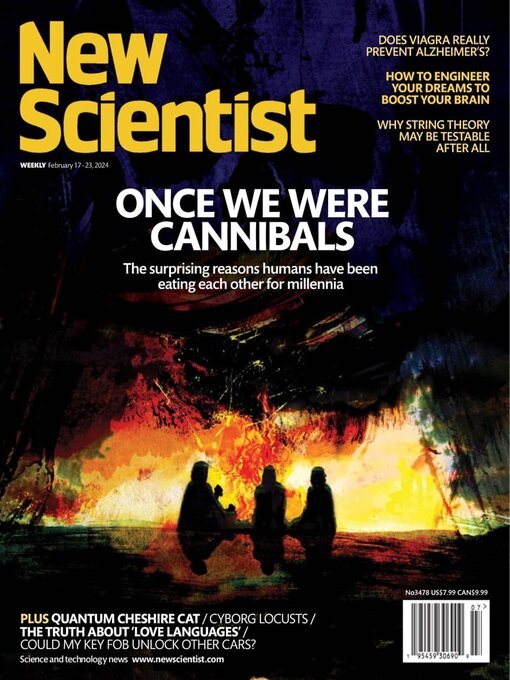
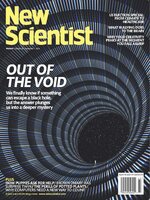 Oct 26 2024
Oct 26 2024
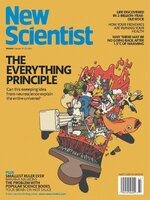 Oct 19 2024
Oct 19 2024
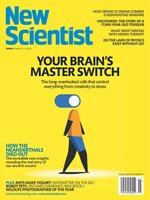 Oct 12 2024
Oct 12 2024
 Oct 05 2024
Oct 05 2024
 Sep 28 2024
Sep 28 2024
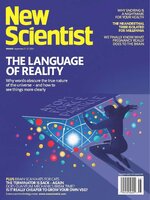 Sep 21 2024
Sep 21 2024
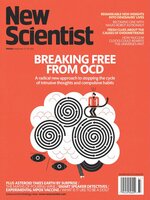 Sep 14 2024
Sep 14 2024
 Sep 07 2024
Sep 07 2024
 Aug 31 2024
Aug 31 2024
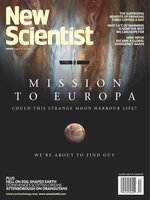 Aug 24 2024
Aug 24 2024
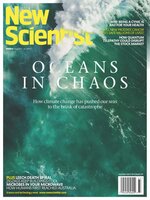 Aug 17 2024
Aug 17 2024
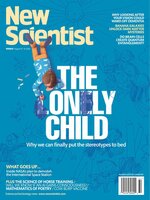 Aug 10 2024
Aug 10 2024
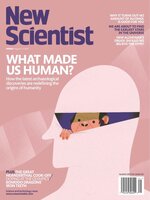 Aug 03 2024
Aug 03 2024
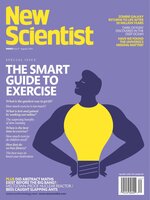 Jul 27 2024
Jul 27 2024
 Jul 20 2024
Jul 20 2024
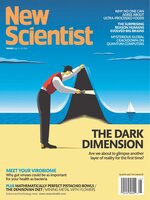 Jul 13 2024
Jul 13 2024
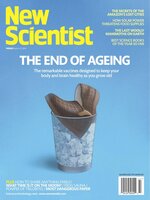 Jul 06 2024
Jul 06 2024
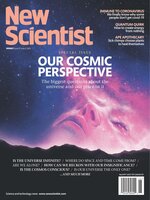 Jun 29 2024
Jun 29 2024
 Jun 22 2024
Jun 22 2024
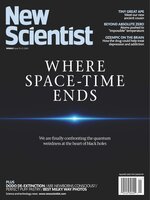 Jun 15 2024
Jun 15 2024
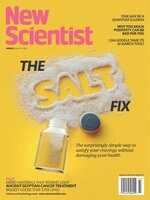 Jun 08 2024
Jun 08 2024
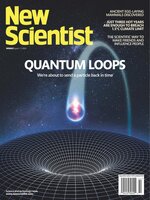 Jun 01 2024
Jun 01 2024
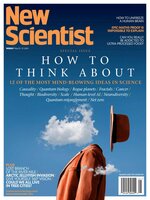 May 25 2024
May 25 2024
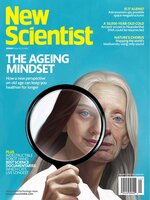 May 18 2024
May 18 2024
